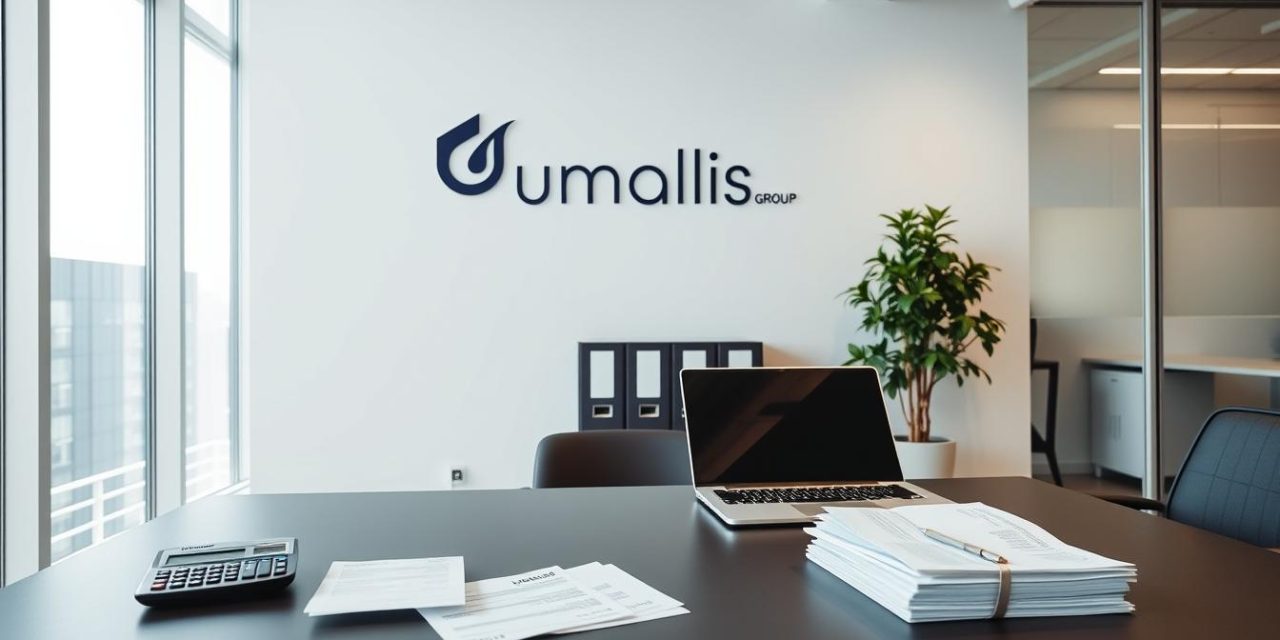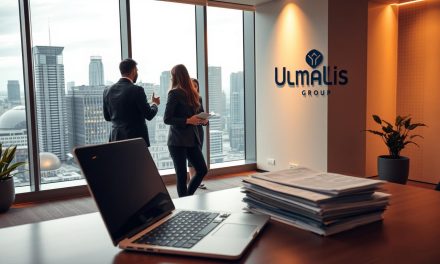As a freelancer in France, managing your business expenses is crucial for financial stability and maximizing tax benefits. Understanding what constitutes legitimate expenses and how to track them efficiently can significantly impact your bottom line.
Effective expense management not only reduces your tax liability but also provides clearer insights into your business financial health. By distinguishing between personal and business expenses, you can optimize your tax position and make informed financial decisions.
Table of Contents
Key Takeaways
- Understand what qualifies as legitimate business expenses under French tax regulations.
- Learn efficient methods to track and manage your expenses.
- Discover strategies to optimize your tax position.
- Implement effective systems to distinguish between personal and business expenses.
- Build financial resilience through strategic expense management.
Understanding Business Expenses for Freelancers
As a freelancer, understanding what constitutes a business expense is crucial for managing your finances effectively. Business expenses are costs incurred for the purpose of earning income, and they can be deducted from your taxable income, reducing your tax liability.
What Qualifies as a Business Expense in France
In France, the tax authorities allow freelancers to deduct expenses that are directly related to their business activities. To qualify, an expense must be incurred for business purposes. For instance, a graphic designer’s subscription to design software is considered a legitimate business expense.
The « Ordinary and Necessary » Criteria
The « ordinary and necessary » criteria serve as a fundamental test for determining legitimate business expenses. « Ordinary » expenses are those commonly accepted in your industry, while « necessary » expenses are those considered helpful and appropriate for your business. For example, a freelancer in the tech industry might consider a new laptop « ordinary and necessary » for their work.
- The « ordinary and necessary » criteria help distinguish between legitimate business expenses and personal expenses.
- Understanding these criteria is essential for making sound decisions about which expenses to claim on your tax returns.
- For instance, a luxury car would not qualify as a business expense under these criteria, unless it serves a legitimate business purpose.
By grasping the concept of business expenses and the « ordinary and necessary » criteria, freelancers can better manage their finances and reduce their tax liability. It’s essential to stay informed about current practices in your field to ensure you’re taking advantage of all eligible deductions.
Types of Deductible Business Expenses
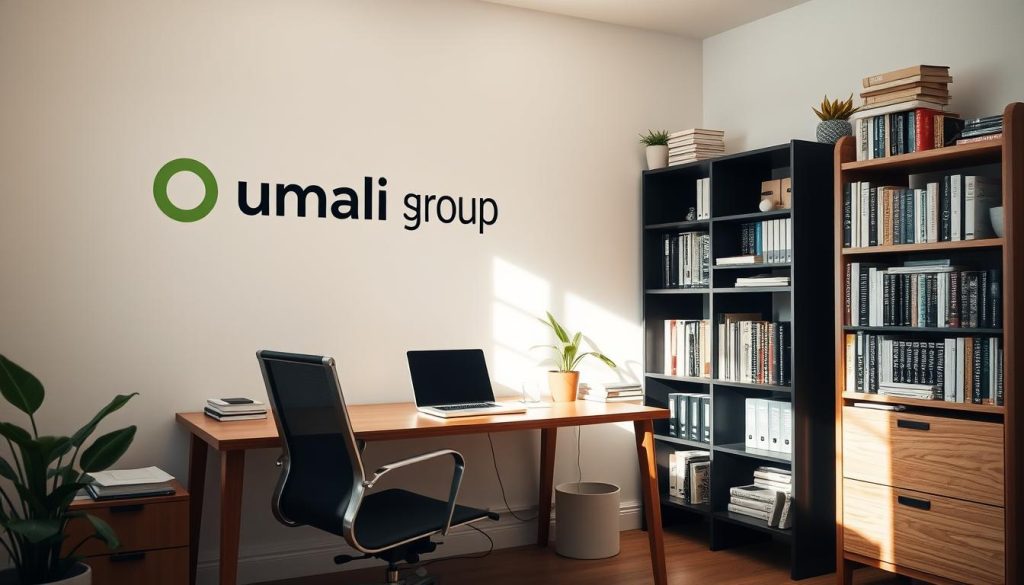
As a freelancer in France, it’s essential to know which business expenses qualify for deductions to optimize your tax savings. Understanding the different categories of deductible expenses can significantly reduce your tax liability.
Direct Business Expenses
Direct business expenses are costs directly related to your freelance work, such as equipment, software, and professional fees. These expenses are typically easy to identify and record. Examples include purchasing a new computer for your business or paying for a professional certification course.
Indirect Business Expenses
Indirect business expenses are costs that support your business operations but are not directly related to a specific project or service. These can include utilities, internet services, and business-related travel expenses. For instance, if you use your car for business purposes, you can deduct a portion of your fuel costs and vehicle maintenance.
Home Office Deductions
For freelancers working from home, a significant tax advantage is available through home office deductions. You can deduct a portion of your housing expenses if you have a dedicated space used exclusively for business. Eligible expenses include a proportional share of your rent or mortgage interest, property taxes, and utilities. To qualify, maintain records of your business activities and the space used for your office.
To maximize your deductions, it’s crucial to keep accurate records of all your business expenses, whether direct, indirect, or related to your home office. Consulting with a tax professional can help ensure you’re taking full advantage of the deductions available to you under French tax law.
Non-Deductible Expenses to Avoid
As a freelancer in France, it’s crucial to understand which expenses are not deductible to avoid tax complications. The French tax law is specific about what can and cannot be claimed as a business expense.
Personal vs. Business Expenses
Distinguishing between personal and business expenses is vital. Personal expenses, even if related to your business, are generally not deductible. For instance, personal travel expenses or family dinners cannot be claimed unless they are directly related to a business activity.
Luxury and Excessive Expenditures
Luxury and excessive expenditures are also non-deductible. Examples include recreational hunting, non-professional fishing, and the purchase or rental of luxury items like yachts or pleasure boats. The tax authorities scrutinize such expense claims, and they are typically disallowed.
Setting Up an Effective Expense Tracking System
An organized expense tracking system is the backbone of any successful freelance business, enabling better financial decision-making. To achieve this, freelancers must leverage the right tools and practices.
Digital Tools for Expense Management
Utilizing digital tools for expense management can significantly simplify the process of tracking business expenses. Freelance expense tracking software, such as Expensify or QuickBooks, offers features like automated expense categorization, receipt scanning, and real-time tracking.
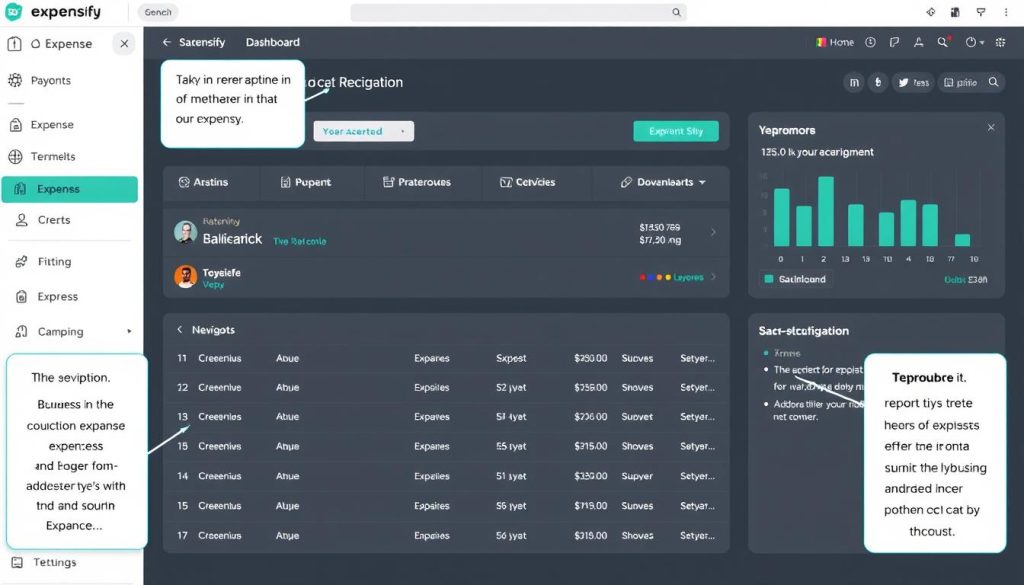
Organizing Receipts and Documentation
Proper documentation is crucial for substantiating business expenses during tax audits. Freelancers should maintain detailed records of all receipts, ensuring they are properly scanned and stored digitally.
- Maintain supporting documentation for all business expenses for at least 6 years.
- Implement a consistent naming convention for digital files to ease retrieval.
- Organize receipts by tax category to simplify tax preparation.
By implementing these strategies, freelancers can ensure they are well-prepared for tax season and can maximize their eligible deductions.
French Tax Regulations for Freelance Business Expenses
The French tax system offers specific guidelines for freelancers to claim business expenses, ensuring compliance and financial optimization. As a freelancer operating in France, it’s essential to understand these regulations to maximize your deductions and minimize your tax liability.
Standard 10% Deduction vs. Actual Expense Deduction
Freelancers in France have two options for claiming business expense deductions. The first is to apply an automatic 10% deduction from their income, capped at €12,652. Alternatively, they can deduct the exact amount of their actual expenses. This second option is beneficial if your business expenses exceed 10% of your taxable income. However, it requires meticulous record-keeping and reporting on form 2042.
| Deduction Method | Description | Reporting Requirement |
|---|---|---|
| Standard 10% Deduction | Automatic 10% deduction from income, capped at €12,652 | Lines 1AJ through 1DJ of tax return |
| Actual Expense Deduction | Deduct exact amount of actual business expenses | Boxes 1AK through 1DK of form 2042, with explanatory note |
Documentation Requirements for French Tax Authorities
French tax authorities have stringent documentation requirements for business expenses. Freelancers must maintain detailed records, including original invoices, receipts, and a chronological expense register (livre des recettes et des dépenses). All documentation must be retained for at least six years from the end of the fiscal year, with some documents recommended to be kept for up to 10 years.
- All expense documentation must be in French or accompanied by a French translation.
- Original invoices or receipts must include the date, vendor details, amount, VAT information (if applicable), and a clear description of the purchased goods or services.
- For mixed-use assets or expenses, additional documentation demonstrating the business-use percentage is required.
By understanding and adhering to these tax regulations and maintaining proper documentation for the required period, freelancers can ensure compliance and optimize their financial performance.
Maximizing Business Expenses for Tax Benefits
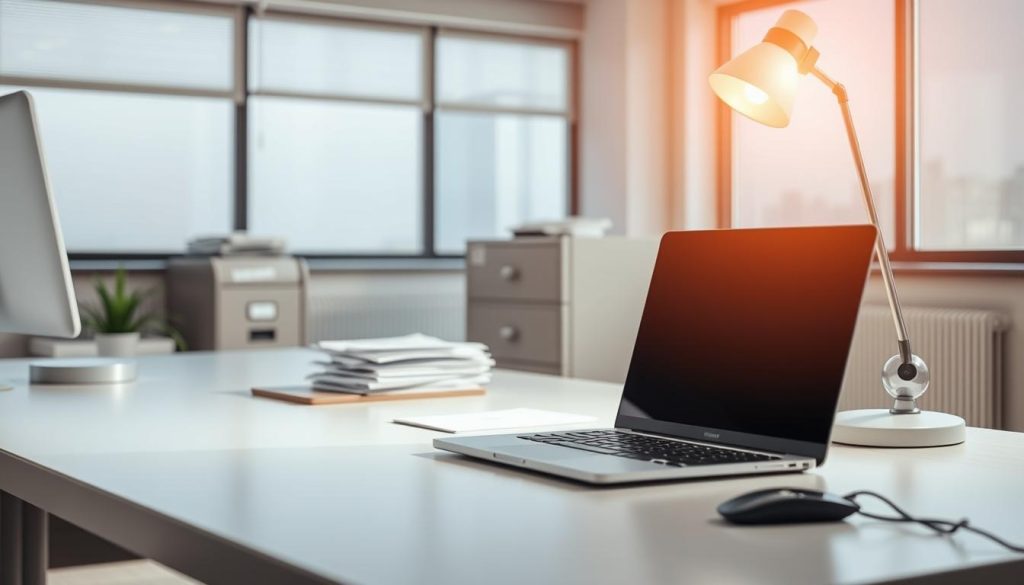
To maximize business expenses for tax benefits, freelancers in France must understand the intricacies of expense categorization and timing. Effective management of business expenses can significantly reduce a freelancer’s tax liability.
Strategic Timing of Expenses
Strategically timing expenses can help optimize a freelancer’s tax position. This involves understanding when to incur expenses to maximize deductions in a given year or to defer them to future years. By doing so, freelancers can better manage their cash flow and reduce their overall tax burden.
- Plan major purchases or investments at the end of the year to maximize current year deductions.
- Consider deferring income or accelerating expenses to optimize tax benefits.
Depreciation of Business Assets
Depreciation allows freelancers to deduct the cost of major business assets over their useful life, rather than in a single year. This can provide significant tax benefits over an extended period.
- Different asset categories have specific depreciation schedules, such as computer equipment over 3 years and office furniture over 10 years.
- The French tax system allows for different depreciation methods, including straight-line and declining balance depreciation.
By understanding and applying these strategies, freelancers can maximize their business expenses for greater tax benefits, ultimately enhancing their financial stability.
Special Considerations for Remote Freelancers
With the rise of remote work, freelancers must now navigate a new landscape of business expenses that can significantly impact their financial stability and productivity.
Travel and Accommodation Expenses
As a remote freelancer, you may incur expenses related to travel and accommodation, especially if your work involves client meetings or project-specific travel. These expenses can include transportation costs, hotel stays, and meal expenses. It’s essential to keep detailed records of these expenses, as they can be deductible. For instance, if you travel for a client meeting, you can deduct the cost of your flight, hotel, and meals. However, it’s crucial to differentiate between business and personal travel expenses to avoid any potential issues with tax authorities.
| Expense Type | Deductibility | Documentation Required |
|---|---|---|
| Transportation | Fully deductible | Receipts, tickets |
| Accommodation | Fully deductible | Hotel bills, receipts |
| Meals | Partially deductible | Receipts, records of business purpose |
Technology and Equipment Costs
equipment represent significant investments for remote freelancers, impacting both productivity and tax deductions. Deductible technology expenses include computers, smartphones, printers, and specialized software. For mixed-use technology, only the business-use percentage is deductible, requiring documentation of usage patterns. High-value equipment purchases may need to be depreciated over several years. Cybersecurity investments, such as VPN services and antivirus software, are also recognized as necessary business expenses. Regular upgrades to stay current with evolving technology create ongoing deduction opportunities that should be strategically timed.
- Computers and peripherals
- Specialized software and cloud services
- Cybersecurity measures
- Ergonomic equipment for home offices
By understanding these special considerations, remote freelancers can better manage their business expenses and optimize their financial outcomes while working from home.
Common Business Expense Mistakes Freelancers Make
Freelancers can significantly benefit from being aware of the typical errors made when managing business expenses. By understanding these common pitfalls, freelancers can better navigate the complexities of expense management and avoid potential financial missteps.
Mixing Personal and Business Finances
One of the most significant mistakes freelancers make is failing to separate personal and business finances. This can lead to confusion during tax season and potentially result in missed deductions or tax compliance issues. Keeping personal and business expenses distinct is crucial for accurate financial reporting and maximizing tax benefits.
Inadequate Record-Keeping
Inadequate record-keeping is another pervasive issue among freelancers, undermining effective expense management and creating significant tax compliance risks. Many freelancers fail to capture all necessary information at the time of purchase, making it difficult to properly categorize and justify expenses later. Implementing a systematic approach to capturing, storing, and categorizing expense information, including maintaining receipts, can prevent these issues and strengthen your tax position.
Conclusion: Building Financial Resilience Through Effective Expense Management
Effective business expense management is the backbone of a sustainable freelance career. As we’ve explored throughout this guide, understanding and optimizing your expenses is crucial for financial resilience and compliance with French tax regulations.
The strategies outlined in this guide provide a framework for managing your business expenses effectively. By implementing robust expense tracking systems and understanding deduction opportunities, you create a foundation for sound financial management. This approach not only maximizes your tax benefits but also provides valuable insights into your business operations.
Regular financial review and expense analysis will contribute to better business decision-making and strategic planning. As your freelance business evolves, your expense management approach should adapt to changing circumstances and regulatory requirements. By applying the principles discussed in this guide, you’ll be well-positioned to build a financially resilient freelance business that can weather economic fluctuations and grow sustainably over time, all while maintaining compliance with tax regulations.
In conclusion, mastering business expenses is key to your freelance success. By following this guide, you’re taking a significant step towards achieving financial stability and long-term prosperity in your business.
FAQ
What qualifies as a deductible business expense for freelancers in France?
To be deductible, an expense must be directly related to your freelance work, such as equipment, travel, or training costs. You can also deduct a portion of your home expenses if you use a dedicated space for work.
How do I differentiate between personal and business expenses?
To distinguish between personal and business expenses, consider the purpose of the expenditure. If it’s used for both personal and business purposes, you can only deduct the business-use percentage. For instance, if you use your vehicle for both personal and business trips, you can calculate the business-use percentage based on mileage or other relevant metrics.
What are the benefits of using digital tools for expense management?
Digital tools simplify expense tracking, reduce paperwork, and enable you to categorize and record expenses efficiently. This helps you stay organized and ensures you’re taking advantage of all eligible deductions.
Can I deduct home office deductions if I work from home?
Yes, you can deduct a portion of your home expenses if you have a dedicated workspace. You can calculate this using the actual expenses method or a standard rate per square meter.
What are the documentation requirements for French tax authorities?
To support your expense deductions, maintain detailed records, including receipts, invoices, and bank statements. Ensure you have documentation for all expenses, especially those related to travel, equipment, and training.
How can I maximize my tax benefits as a freelancer?
To maximize your tax benefits, strategically time your expenses, consider depreciating business assets, and maintain accurate records. This will help you claim the deductions you’re eligible for and reduce your taxable income.
Are there any specific considerations for remote freelancers?
As a remote freelancer, you may be able to deduct expenses related to travel, accommodation, and technology. Keep records of these expenses, as they can be claimed against your taxable income.
What are some common mistakes freelancers make when it comes to business expenses?
Common mistakes include mixing personal and business finances, inadequate record-keeping, and failing to claim eligible deductions. To avoid these mistakes, implement a robust expense tracking system and consult with a tax professional if needed.

